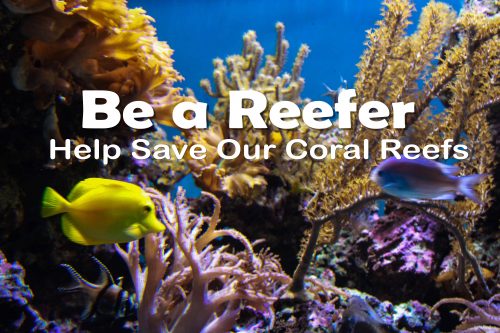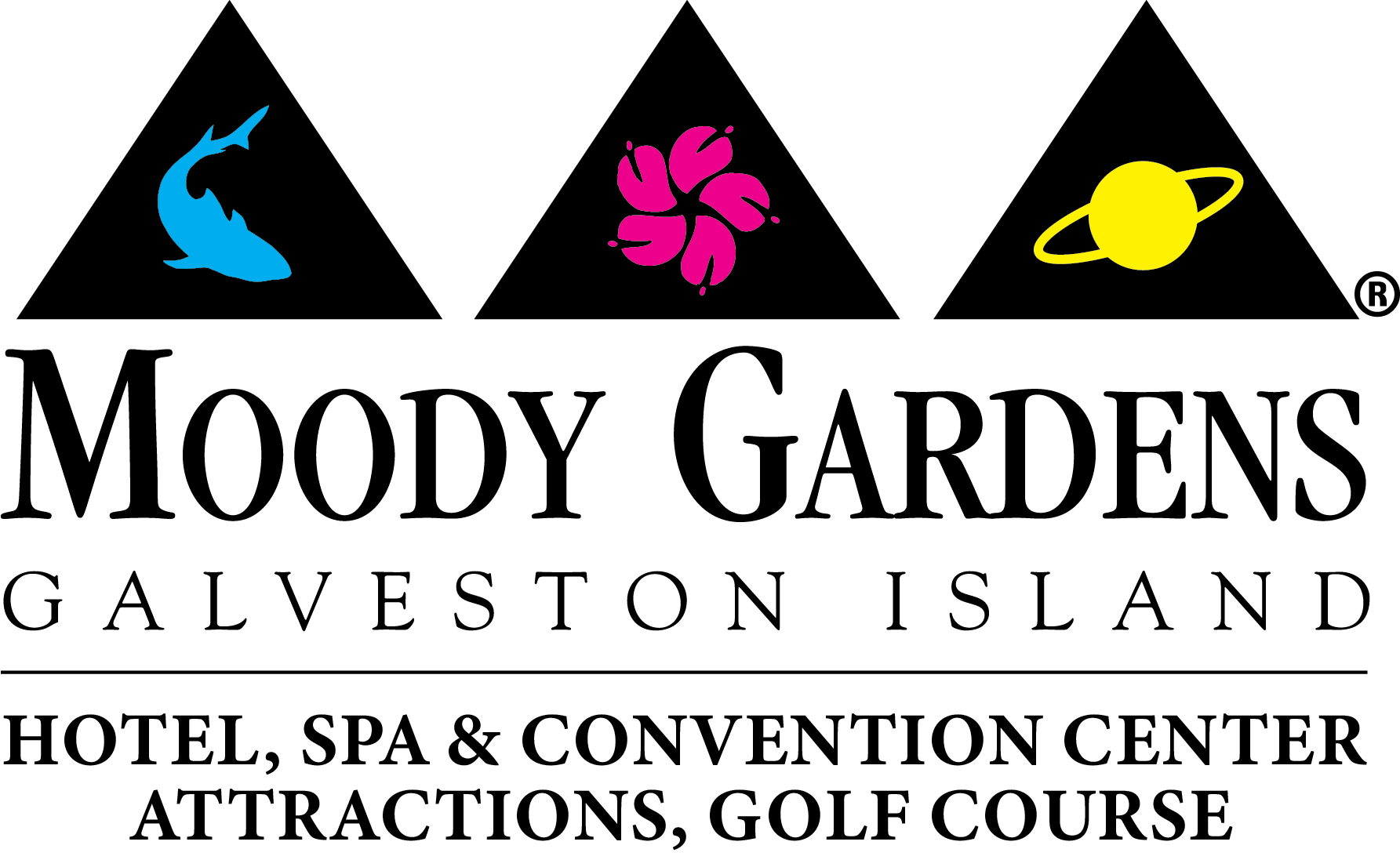Aquarium Pyramid’s New Coral Reef Lab Addresses Critical Environmental Crisis On Florida Reef Tract
DONATE NOW: CLICK HERE TO HELP SAVE CORAL REEFS
Moody Gardens wants you to be a reefer starting 4/20. Now that we have your attention, an international effort is underway to increase awareness and combat a disease that is rapidly killing the Florida Reef Tract, the third largest coral reef system in the world. Moody Gardens’ new Coral Rescue Lab will be used to propagate coral as it focuses on species being impacted by this disease.
The Association of Zoos and Aquariums (AZA), selected Moody Gardens to participate in this vital project to help save corals native to the Florida Reef Tract as one of 60 institutions from 21 states and Canada.
“We are excited and honored to be selected as one of the institutions that are being entrusted with the care of these corals,” said Greg Whittaker, Moody Gardens Animal Husbandry Manager.
In 2014, an unidentified coral tissue loss disease was first observed in Miami-Dad County and quickly spread throughout the north areas of the Florida Reef Tract. The disease outbreak continued to persistently spread south of Miami through the Upper and Middle Keys, reaching the Lower Keys by April 2018.
In response to the disease the Florida Wildlife Commission (FWC), National Marine Fisheries Service (NMFS), Florida Keys National Marine Sanctuary (FKNMS), and the Florida Department of Environmental Protection (FDEP) have formed the Florida Coral Rescue Team to execute the Florida Coral Rescue Plan to save what is left of Florida’s healthy coral stocks. Part of that plan includes the Rescue Team reaching out to institutions to house and maintain corals for gene banking and propagation for potential future restoration activities.
The Rescue Plans has two primary goals: prevent ecological extinction of the most susceptible species along the Florida Reef Tract, and maintain as much genetic diversity as possible among approximately 25 species of coral.
“Corals are animals and are highly impacted by their environment. Through this effort we are helping nature respond to a crisis and recover to once again become a healthy ecosystem,” Whittaker said.
In March the Aquarium Pyramid received 250 pieces of live aquacultured rock in preparation for the live corals for the exhibit. Aquacultured rock is rock used to season coral aquariums and prepare them for holding local corals. On April 17, Moody Gardens received the coral entrusted to us and acclimated it to its temporary home inside an exhibit inside the Aquarium Pyramid.
“We are looking forward to being able to educate our guests about the diversity of Florida’s coral reefs and the importance of maintaining a healthy ecosystem for them to thrive,” Whittaker said, adding that this project fits in perfectly with the cornerstones of Moody Gardens’ mission of conservation, education, rehabilitation and research.
The arrival of the live coral into the Aquarium Pyramid appropriately coincides with Earth Day, being celebrated property-wide at Moody Gardens with presentations and crafts on April 20. As part of the Earth Day festivities, the first 100 people starting at 10 a.m. to visit a new Reef Rescue VR Experience will receive two-for-one admission to the attraction. Reef Rescue VR is an interactive high-capacity virtual reality experience where up to 16 people can pilot their own R.O.V.E.R. to help clean up waters, plant new coral branches and feed the fish, returning the reef to complete health in the process.
Moody Gardens is a public, non-profit, educational destination utilizing nature in the advancement of rehabilitation, conservation, recreation, and research.

Leave a Reply